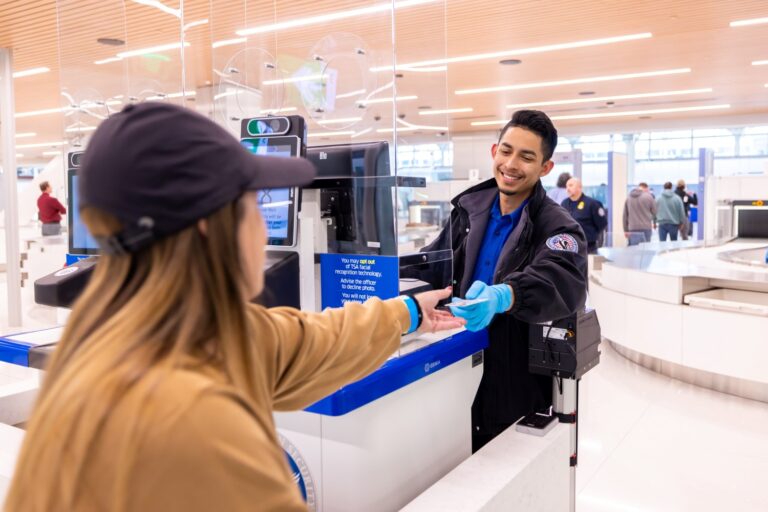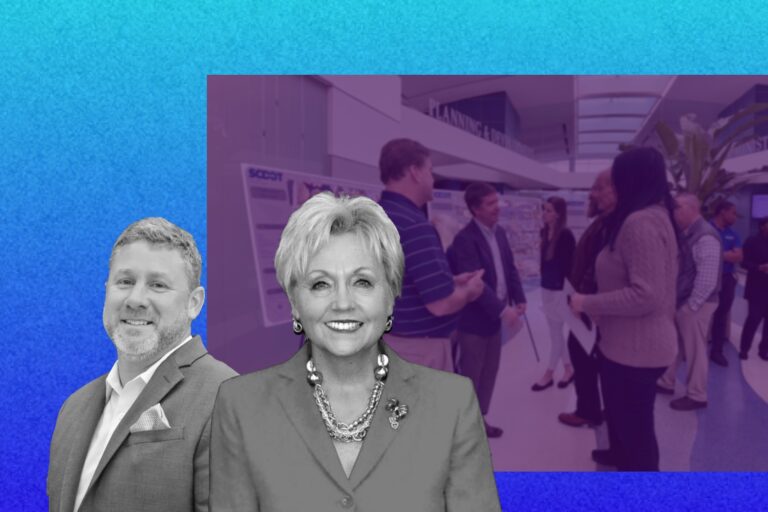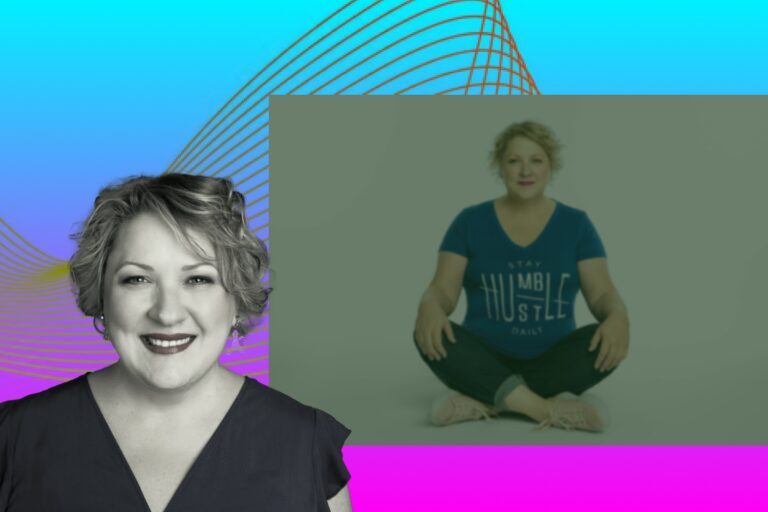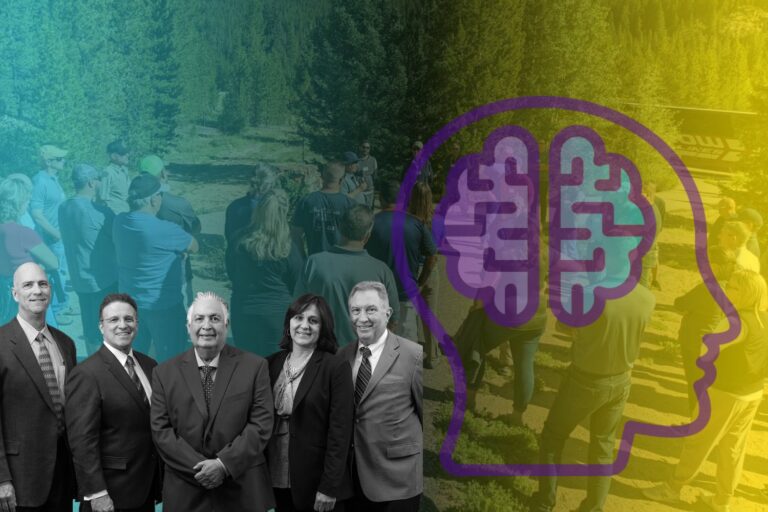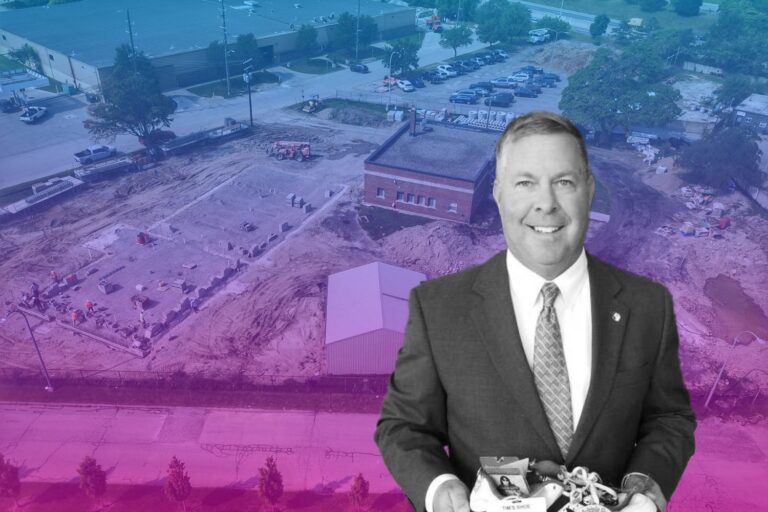Dr. Jamelle H. Ellis: Championing Diversity and Empowerment in STEM
STEM, an acronym for Science, Technology, Engineering, and Mathematics, represents a cornerstone of modern education and innovation. In an increasingly complex and interconnected world, proficiency in STEM disciplines not only fosters critical thinking and problem-solving skills but also drives technological advancement and economic growth.
As the demand for STEM professionals continues to rise, initiatives aimed at promoting diversity and inclusion within the STEM fields have become increasingly important.
Dr. Jamelle H. Ellis—a distinguished scientist, educator, and advocate for STEM education, especially for women, and environmental sustainability. Dr. Ellis’s journey embodies the transformative potential of STEM, as she has dedicated her career to advancing scientific inquiry and empowering underserved communities through education and mentorship.
From Growing on the Farm to an Environmental Steward
Jamelle H. Ellis, a distinguished senior scientist at the South Carolina Environmental Law Project, is deeply rooted in her passion for environmental stewardship, a commitment fostered by her upbringing in Charleston, South Carolina.
Growing up amidst the verdant landscapes of her farming grandparents and the creative milieu of a family landscape design business, Ellis imbibed a profound appreciation for the natural world from an early age.
Ellis finds solace and joy in various outdoor pursuits. An avid gardener, she revels in nurturing green spaces, fostering biodiversity, and cultivating sustainable practices. Her love for water sports speaks to her profound connection with aquatic ecosystems, while bicycling allows her to embrace the beauty of the natural world at a leisurely pace.
Central to Ellis’s life is her commitment to family. Together with her husband and three children, she resides in the serene environs of Blythewood, South Carolina, where they embark on new adventures, explore the richness of the local landscape, and instill in their children a deep reverence for nature.
Despite not initially planning for such a career path, Dr. Ellis quickly developed a passion for the field and embarked on a trajectory marked by continuous learning and professional growth.
“It wasn’t something that I had planned on. I’m not even sure I really even knew at that time that that was even an option as a career, but quickly grew to love it, and I really haven’t turned back. I’ve just sort of built on that after earning my master’s in environmental engineering and science,” she said.
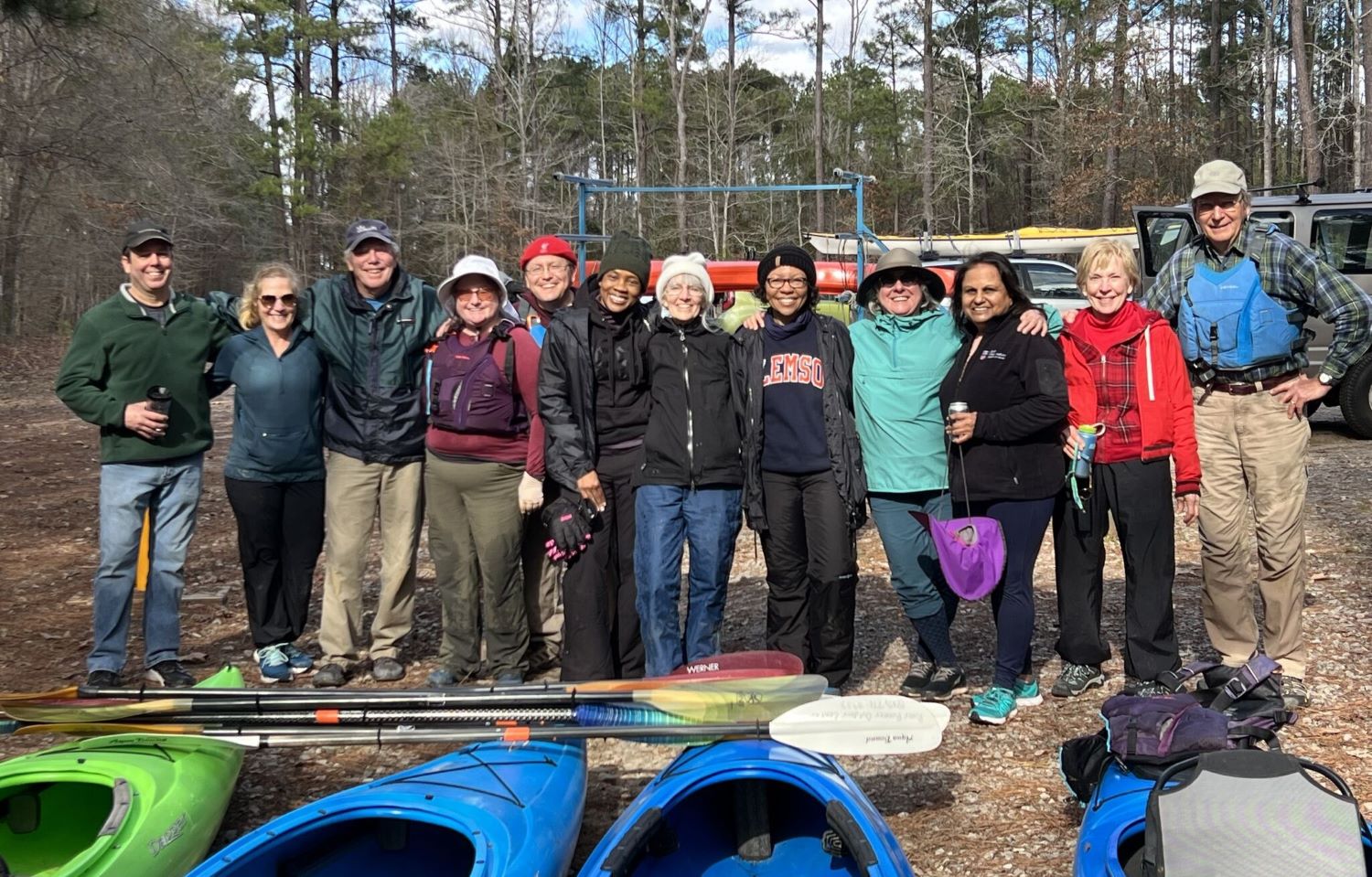
This advanced education laid the foundation for her subsequent roles, including her tenure at the South Carolina Department of Health and Environmental Control (SCDHEC) as an engineer and technical liaison.
Simultaneously, Dr. Ellis dedicated significant time to education, serving as an adjunct instructor at Midland Technical College in Columbia, South Carolina, for approximately 11 years.
In this role, she played a vital part in preparing pesticide applicators through a course called “Pests in the Landscape.”
Driven by a desire to deepen her understanding of environmental health sciences, Dr. Ellis pursued a Ph.D. in the same discipline.
“I earned my PhD in Environmental Health Sciences, focusing on environmental exposures to the human population. So, where previously I had been focusing more on like delineating contaminants and figuring out the extent of contaminants in soil and groundwater, I made a bit of a switch to looking at more of exposures to human populations and how those partic, those exposures may impact from a health perspective those human populations,” she said.
Her dissertation specifically examined exposure to methylmercury through fish consumption in Sea Island and African-American communities in South Carolina, particularly in Buford, Charleston, and Colleton counties.
Following the completion of her Ph.D., Dr. Ellis continued her research endeavors at the Medical University of South Carolina, where she had the opportunity to further explore the intersection of environmental exposures and public health.
Motherhood and Career: Balancing Personal and Professional Goals
Dr. Ellis emphasizes the importance of colleges implementing programs not only to attract minority students but also to retain them. She advocates for initiatives that create inclusive environments where minority students can see themselves reflected in the mainstream programs and find supportive networks.
Finding mentors and joining professional societies were instrumental in her personal and professional development, helping her navigate through challenges and strengthen her skills.
Dr. Ellis’s most significant accomplishment lies in her role as a mother.
“For me, it’s easy in terms of my accomplishment. My most significant accomplishment, I share three children with my husband, I used to word proud loosely. I don’t really like to say that word too much, but I am very proud of my children. I do consider it an accomplishment that I was able to really achieve a lot of my personal goals. They’re all young adults now, and it’s tough,” she said.
“It’s really difficult to work on a master’s degree, work on a PhD, try to hold together a meaningful career, and grow in that career in that space, and also raise three children in a way where they come out on the other side as whole people, not feeling like they’re an extension of me or my husband but that they have their own dreams and aspirations and goals in life. And for me, not only am I proud of that, but I hope that over the years, I’ve been able to encourage other young people to pursue their dreams as well,” she added.
Despite her achievements, Dr. Ellis acknowledges the ongoing challenge of impostor syndrome. This psychological phenomenon, common among high-achieving individuals, involves doubting one’s abilities and feeling like a fraud despite evidence of success.
She has made it a mission to address impostor syndrome through her initiatives like Empowerment Strategies for Girls, aiming to equip young girls in STEM with the tools to navigate through self-doubt and thrive in their chosen fields.
“I think that has been something that I have had to work on over time and really give perspective to the things that have driven that. It has tripped me up, caused me not to perhaps pursue some opportunities or pursue with vigor some opportunities just by second-guessing myself. And one of the reasons why I started empowerment strategies for girls, for instance, one of the key reasons for starting that was to help young girls in this STEM space navigate through impostor syndrome,” she stated.
Demographic Disparities and Promoting Diversity in the STEM Workforce: A Call to Action
However, the present involvement of minorities and women in the fields of Science and Engineering reflects a complex landscape of opportunities and challenges.
In the United States, there exists a pervasive shortage of individuals pursuing careers in the STEM workforce.
“Those of us who care and are focused on, promoting STEM in young black and brown communities probably have some awareness from all different perspectives. Even corporations understand that there’s a shortage. Not only, let me say generally, we have a problem in the United States by having a shortage of people wanting to enter the STEM Workforce, so that’s the first thing,” Dr. Jamelle H. Ellis said.
Approximately 75% of engineers are white, while women represent only about 25% of the STEM workforce. Alarmingly, African Americans and Hispanics combined make up less than 10% of all STEM workers, despite comprising about 26% of the overall workforce.
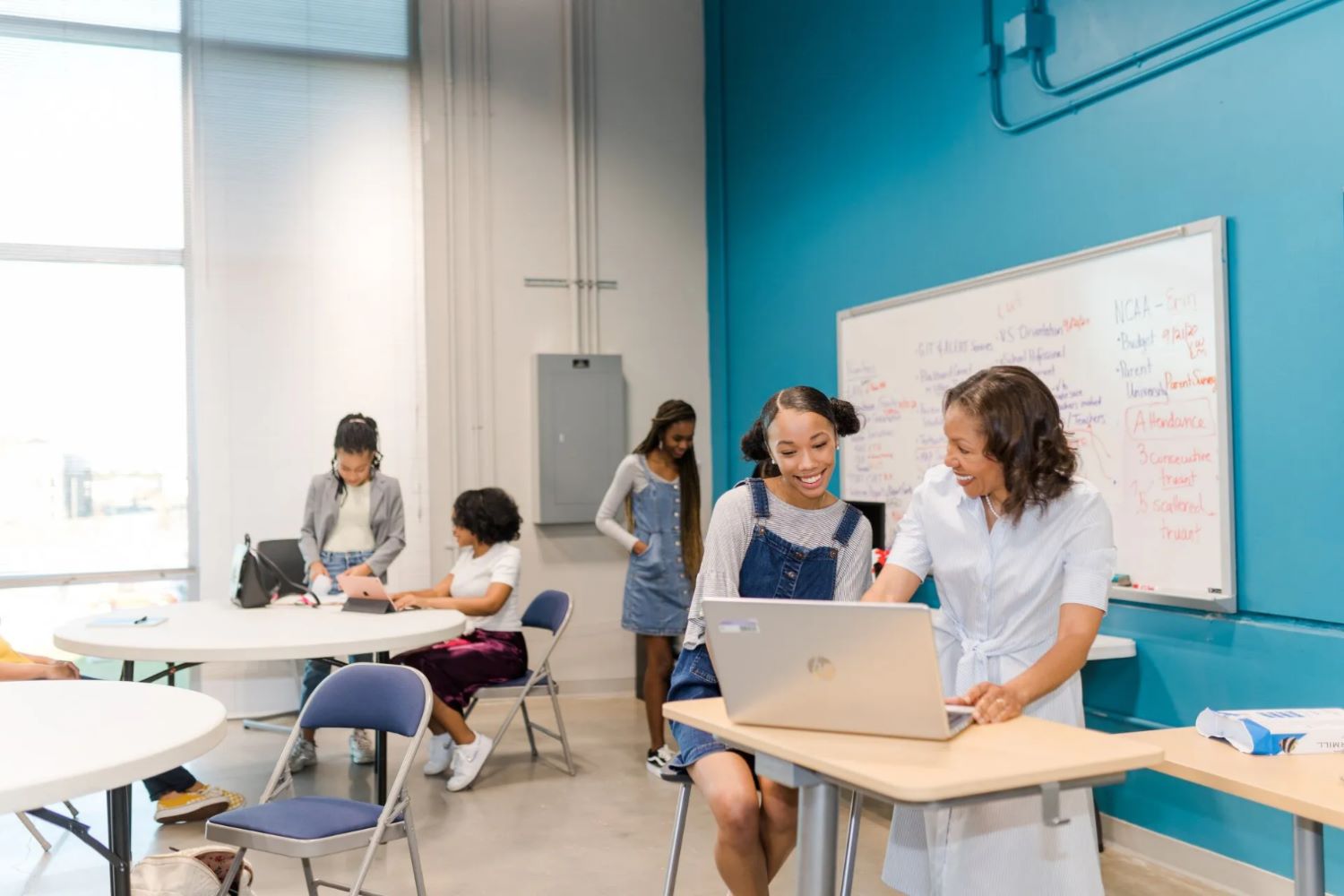
Moreover, when examining leadership positions within STEM fields, the representation of underrepresented minorities and women diminishes even further. Only around 9% of STEM undergraduates are African American women, and upon graduation, there is a notable attrition rate as many veers off into non-STEM roles.
The importance of diversity in the STEM workforce cannot be overstated. Dr. Ellis underscores that diversity drives innovation unequivocally. Research indicates that teams with equal representation of men and women contribute to 41% of revenue generated, highlighting the invaluable ideas and perspectives brought forth by women in problem-solving processes.
“You start to see attrition, kind of a decline in, pure STEM professionals where you we start to kind of veer off into some other HR, other support but non-STEM type programs. Those numbers diminish, even more. I think in general, but from a corporate perspective, from an employee’s perspective, the reason why this is important is because diversity drives innovation, no if, and, or but about it. You’ve got to have a diverse workforce to continue to drive Innovation,” she said.
Diversity in the STEM workforce leads to a broader range of perspectives and approaches to problem-solving. This diversity not only fosters innovation but also ensures that solutions address the needs of a wider community.
As the United States becomes increasingly diverse, it is imperative that the STEM workforce reflects this diversity to effectively address the multifaceted challenges of the future.
Organizations and institutions must recognize the inherent value of diversity and actively work towards creating inclusive environments where individuals from all backgrounds feel empowered to contribute their unique perspectives.
By embracing diversity, the STEM community can harness the full potential of its talent pool and drive innovation that benefits society as a whole.
“The more ways we can perceive a problem, of course, the higher the likelihood that we develop theories but that the solve the solution to the problem also address a wider community. So, as we begin to become more and more diverse as a country, it’s going to become increasingly important that our workforce and the solutions that are developed by that workforce, are represented by the true demographic of the country,” Dr. Jamelle H. Ellis said.
Traditional and Unconventional Pathways to Achieving Success
Understanding both traditional and unconventional routes to success sheds light on the ever-evolving process of personal and professional development. Dr. Jamelle H. Ellis provides invaluable insights that resonate deeply with individuals embarking on their paths to success.
Traditionally, many individuals perceive success as a linear progression, akin to moving from point A to point B in a straight line. This conventional mindset often entails setting specific goals and meticulously checking off boxes to reach predetermined milestones.
While planning and goal-setting are essential components of achievement, Dr. Ellis emphasizes the importance of flexibility and adaptability along the way.
“I am one of the biggest proponents ever in terms of planning so I do I do always encourage and try to help the young people that I work with to pull a plan together and it’s okay if the plan, if you have to adjust the plan, have a plan but you have to be flexible,” she shared.
In the pursuit of success, Dr. Ellis advocates for the recognition of life’s unpredictability.
“I really try to use a visual tool when I’m working with young people just to emphasize or reemphasize that our path in life, whether it’s academic career professional or even personal, a lot of times we think it should be like this by the time we get to 25 it should be by this, I want to have this and this,” she said.
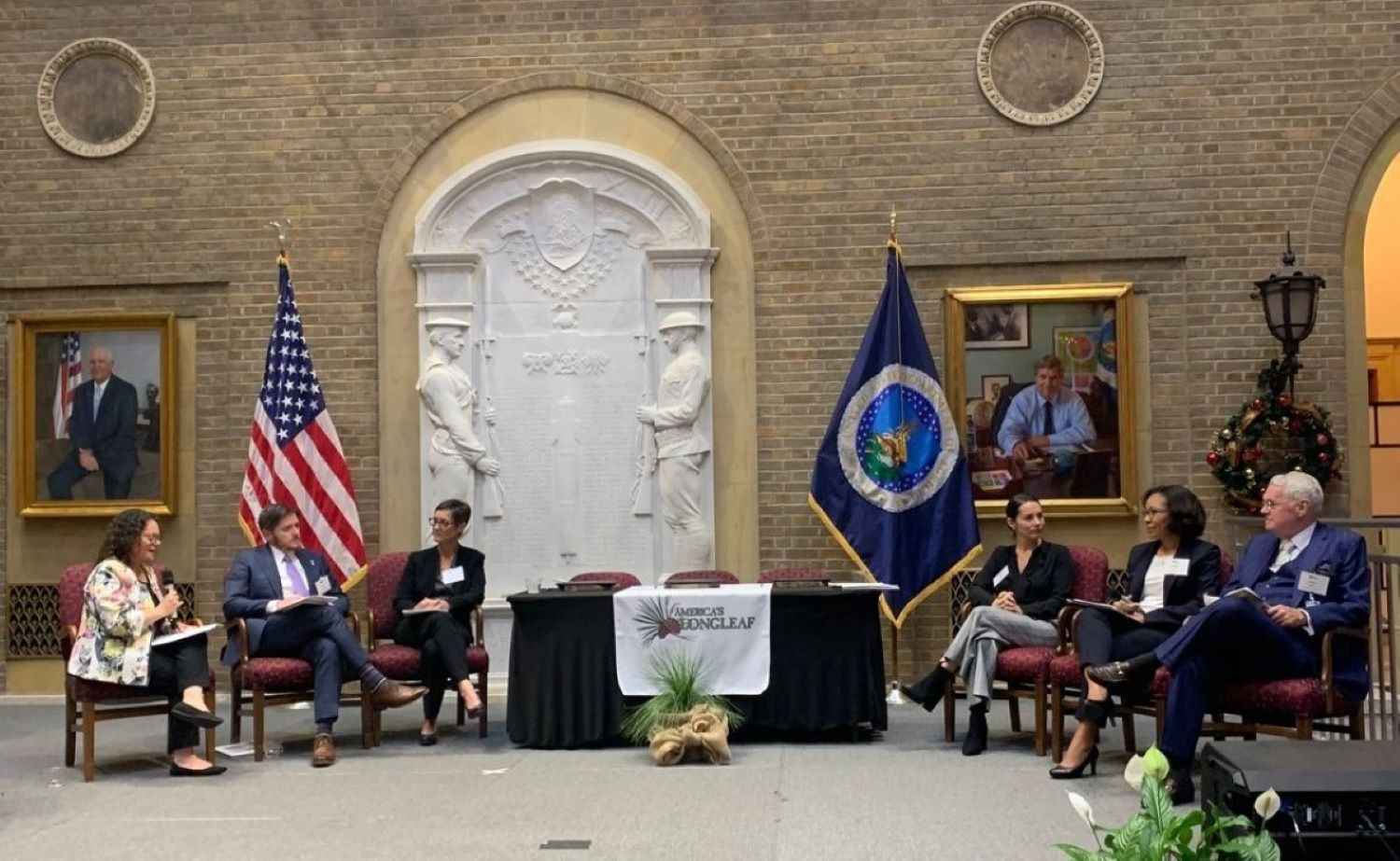
She aptly describes life’s journey as resembling a cooked spaghetti noodle—full of twists, turns, and unexpected breaks. Despite our best-laid plans, unforeseen circumstances and serendipitous opportunities can alter our trajectories, leading us down unconventional paths we may never have anticipated.
Central to Dr. Ellis’s philosophy is the notion that success is not solely defined by adherence to traditional routes. While planning provides a roadmap, embracing flexibility and openness to unconventional opportunities enriches the journey.
She encourages individuals, particularly young people, to reflect on their purpose, values, and aspirations. Understanding one’s intrinsic motivations and personal contributions to the world fosters a sense of direction and fulfillment.
Dr. Ellis’s approach underscores the importance of holistic self-discovery and self-awareness in navigating life’s complexities. Success transcends mere attainment of goals; it encompasses personal growth, resilience, and the ability to adapt to changing circumstances.
“A lot of what I do is really try to work with students to think about their purpose, think about what motivates and drives them personally and just who they are as a person, and what they want to contribute to the world, and what they want to gain in terms of growing into the person they want to grow into,” Dr. Jamelle H. Ellis said.
“So, I think there are traditional routes we make choices that are traditional, but we have to be in a mindset of always being a little more being okay with being a little unconventional in our approach just to life in general career or otherwise,” she added.
Navigating Self-Doubt: Path to Personal Growth
Moreover, overcoming self-doubt is a transformative journey characterized by introspection, resilience, and a commitment to personal growth.
“No matter where you go, there’s always going to be somebody better than you. So, and that’s not a bad thing; it’s a good thing because we’re students. I consider myself a lifelong student, you know? I think that it took me, honestly, throughout my undergraduate career, I lived in that headspace,” said Dr. Ellis.
The transition from high school to a larger academic institution served as a pivotal moment of reckoning for Dr. Ellis, as she grappled with the realization that her previous academic achievements no longer guaranteed her a place among the top performers.
This recognition, though initially daunting, became a catalyst for her growth as she embraced the ethos of lifelong learning. By adopting the mindset of a perpetual student, she transcended the confines of mere academic achievement and embarked on a journey of continuous self-improvement.
However, Dr. Ellis’s narrative transcends individual introspection to encompass broader societal dynamics, particularly regarding diversity and representation in STEM fields. As an African-American woman pursuing a STEM major, she found herself navigating spaces where individuals who shared her background were notably underrepresented.
This disparity underscored the systemic barriers that marginalized communities face within academic and professional spheres, highlighting the imperative for institutional reform and inclusive practices.
In response to these challenges, Dr. Ellis advocates for proactive measures aimed at fostering inclusivity and empowerment. She emphasizes the importance of institutions not only attracting but also retaining minority students through comprehensive support programs.
These initiatives go beyond numerical representation to cultivate a sense of belonging and visibility within academic environments, thereby nurturing an ecosystem conducive to diverse perspectives and equitable opportunities.
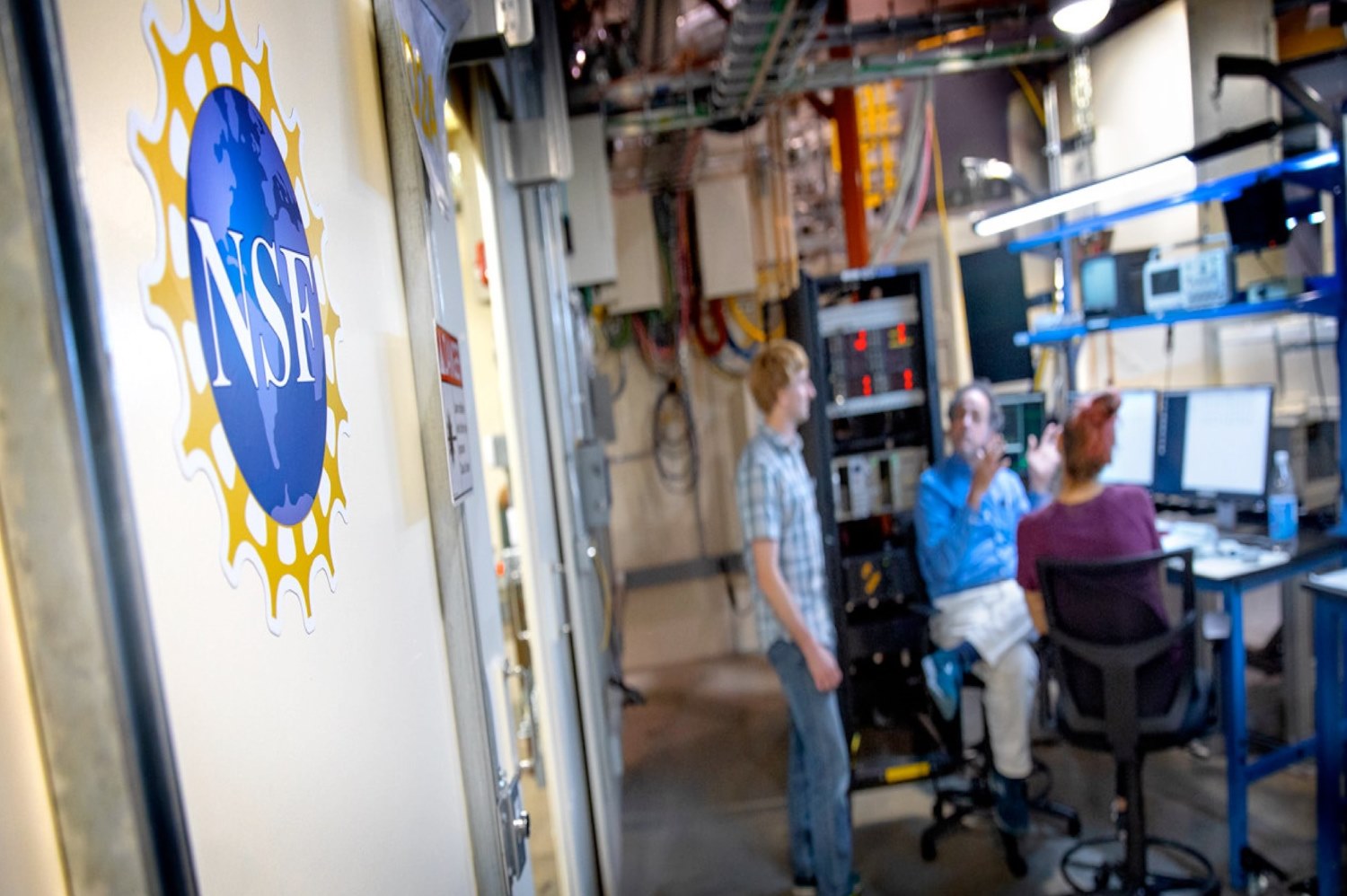
Dr. Ellis’s journey of empowerment is further illuminated through her strategic pursuit of mentorship, professional networks, and self-reflection. Rather than succumbing to the pressures of competition, she channels her energy towards personal growth and purposeful engagement.
“For me, it really was a couple of things, looking for things like professional societies and groups that could help me strengthen those places in myself that I thought were weak and finding mentors. But truly, when it comes down to it, it was about thinking about my purpose, finding my purpose, and not necessarily trying to outcompete people around me, but looking at this as a continual self-improvement game. And that’s all you can do in life is use yourself as a baseline and just keep building on improving your own skill set,” said Dr. Ellis.
Nurturing STEM Talents: Advice for Aspiring Female Engineers
Dr. Jamelle H. Ellis also shares invaluable insights on embracing the journey and fostering curiosity as keys to personal and professional growth.
She emphasizes the importance of enjoying the process, acknowledging that it’s a message she reminds herself of regularly.
“We get caught up in the day-to-day sort of struggle, whatever that looks like, academically, professionally. But it’s really in those moments of kind of stress or the pulling or getting outside of that comfort zone, that’s where the growth is. And it’s great when we get to the point where we can experience and celebrate successes,” Dr. Jamelle H. Ellis shared.
“It’s not always easy to enjoy when you’re going through something difficult, but at least have an appreciation for the fact that this is a process, and these are steppingstones to get to whatever is waiting for you or whatever you’re working towards achieving. That’s it, enjoy the process,” she added.
Moreover, Dr. Ellis underscores the importance of curiosity beyond the confines of traditional learning environments. For students, she encourages exploration beyond the classroom, while for young and established professionals alike, she advocates for curiosity beyond organizational boundaries. By seeking opportunities to learn from diverse perspectives and experiences, individuals can broaden their knowledge and skill sets.
Dr. Ellis also emphasizes the significance of mentorship and advocacy in professional development. Furthermore, she emphasizes the transition from mentorship to advocacy, where mentors not only provide guidance but also actively advocate for the advancement and success of their mentees.
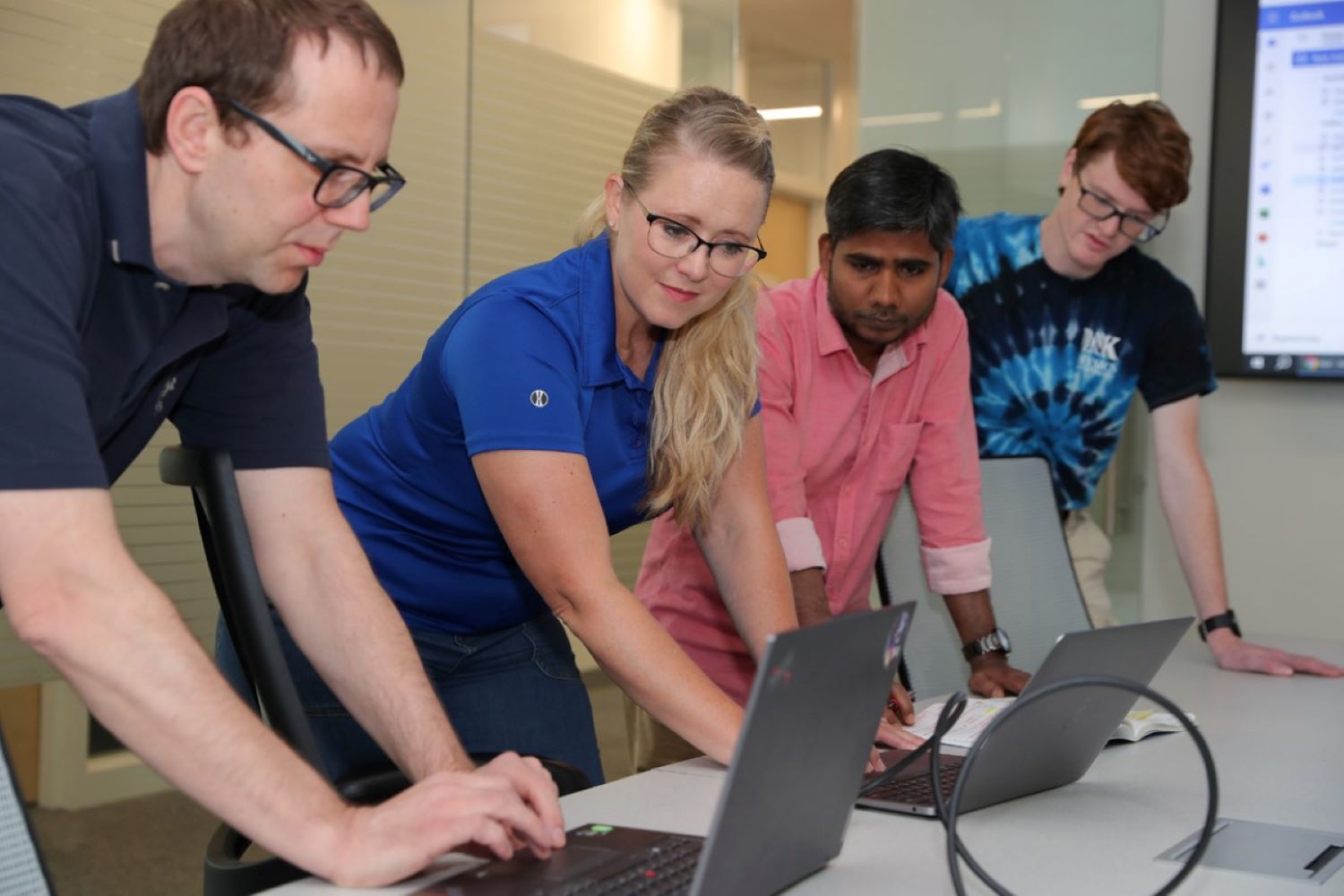
“If you’re a young professional, if you are an established professional, take your curiosity outside of the organization. Make sure you’re curious about what you’re doing professionally, particularly if you’re wanting to stay with an organization,” said Dr. Ellis.
“But be willing to grow outside of, I’ll just say the four walls of that organization, if you will, to learn what other people are doing in that space. Mentors do not always look like you. That’s something that I would say, particularly as a minority or minority professionals, that we have to make sure that we know that there are people across the board who can serve as mentors,” she added.
In her programs, Dr. Ellis prioritizes the cultivation of mentorship relationships that evolve into advocacy. By encouraging individuals to seek mentors and advocates outside of their comfort zones, she promotes continuous growth and development in both personal and professional spheres.
“I’ve had great mentors in my profession, in my career, who have not only been mentors but have become advocates. And that’s the thing that I would say, is have mentors. That’s important. And this is the thing that I do when I’m working with mentors in my programs, is that the goal is ultimately to move from mentorship to advocacy. And so, look for advocates. But also, so make sure that you’re, again, it’s growing, growing outside of what your comfort zone is,” she said.



